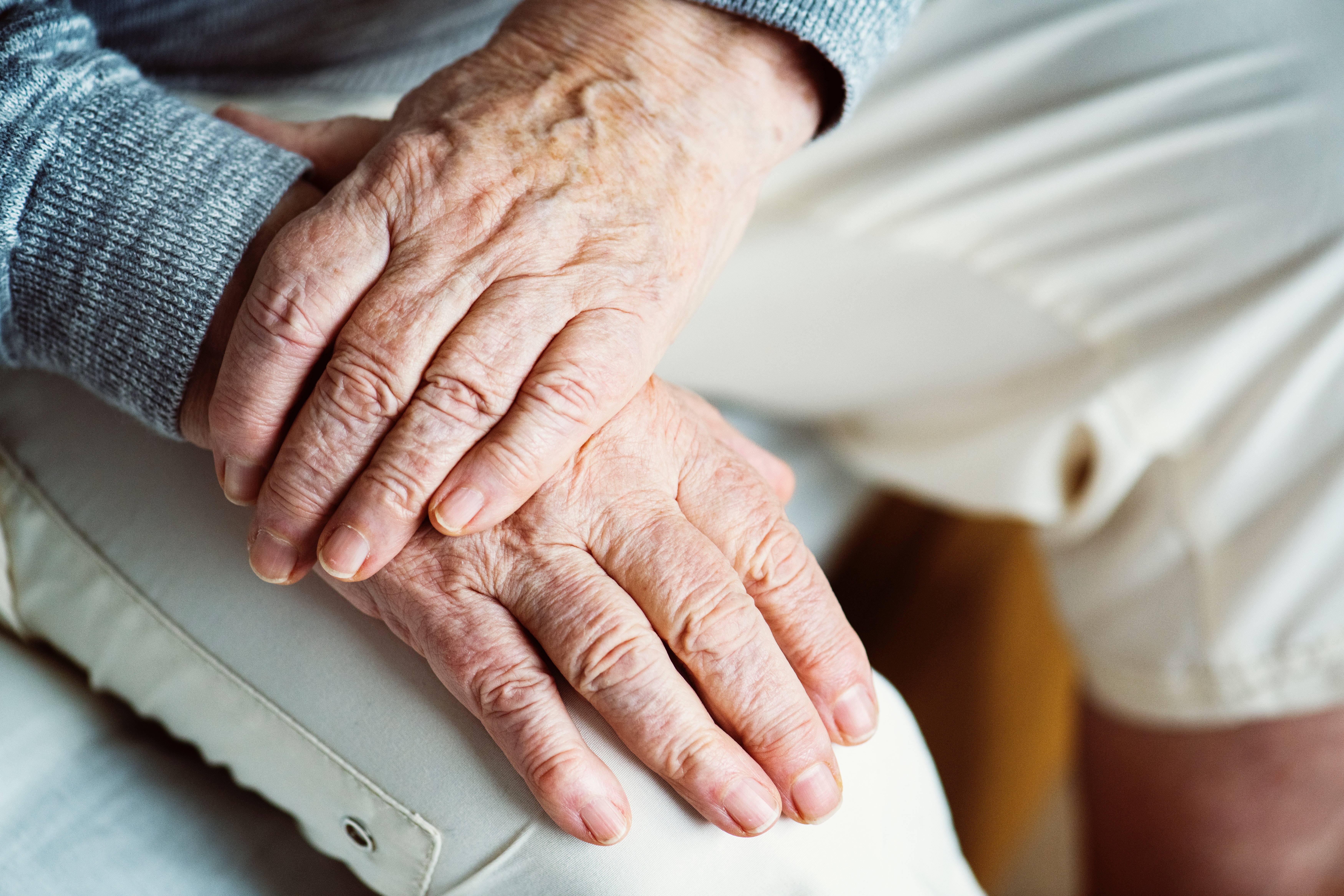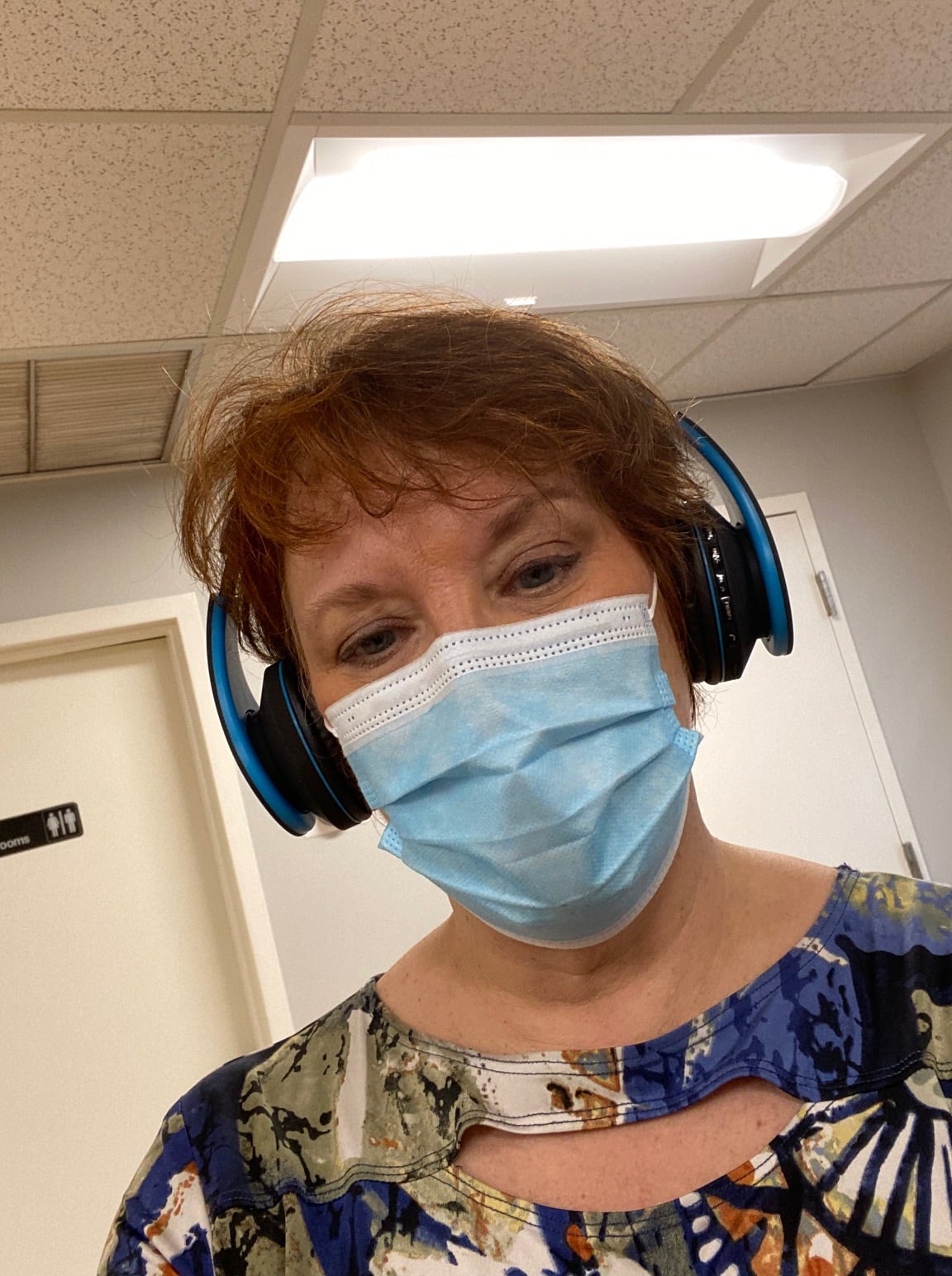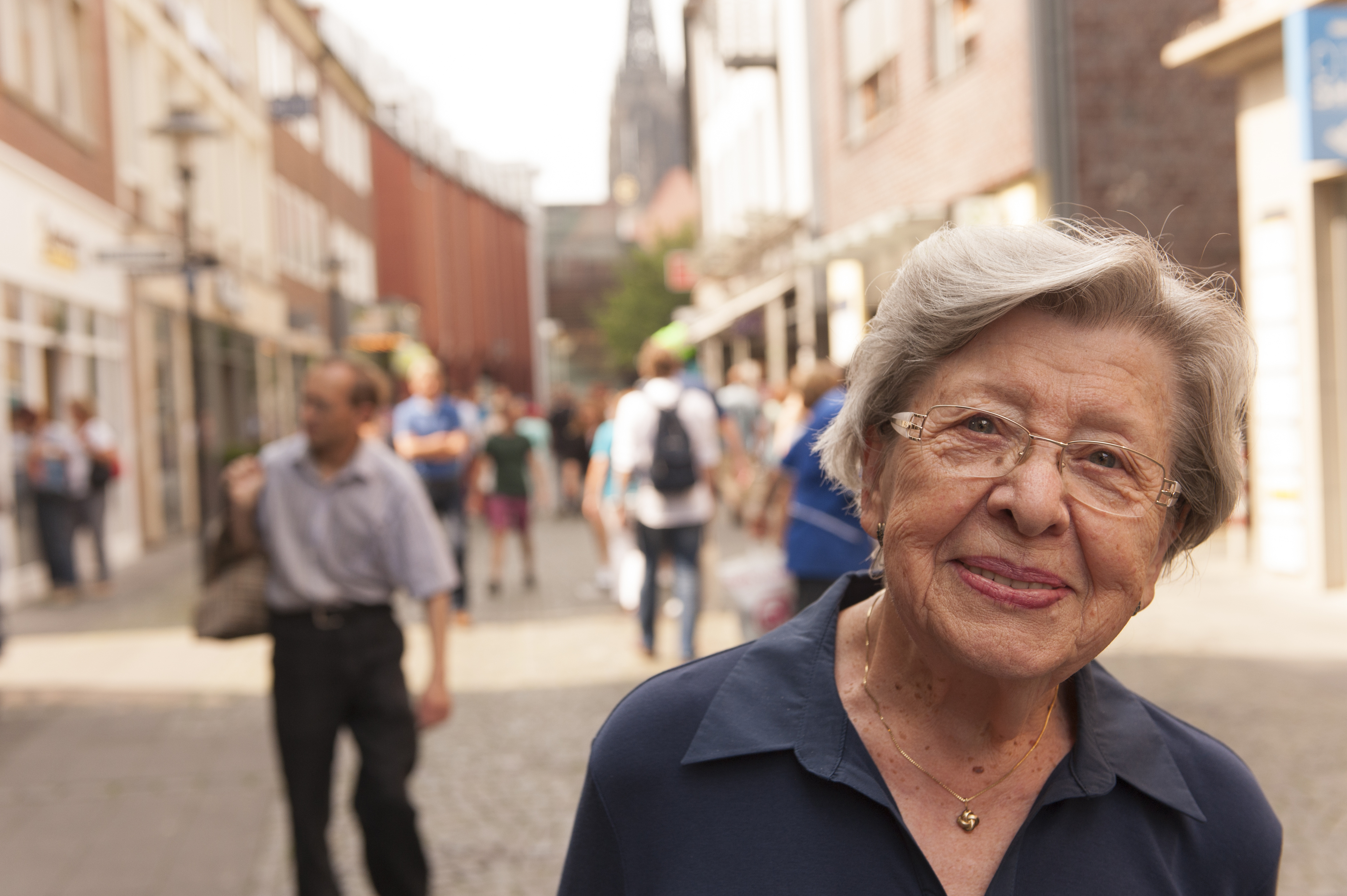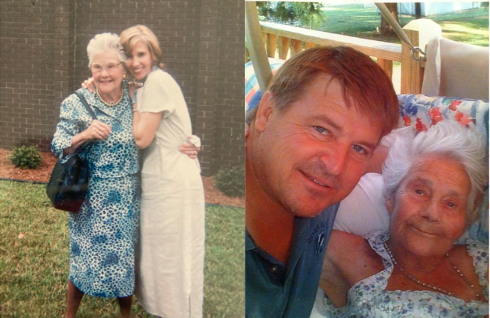Six Components that Define Quality Dementia Care Training
In the sea of dementia care training, leaders can be overwhelmed when evaluating options. This article provides practical guidance if you are just getting started in creating a dementia training program or if you are re-evaluating current practices.
Before you learn the six components that define quality dementia care training, I'm going to discuss four fundamental truths:
We Must Educate, Engage, and Retain Employees
Aging service providers are experiencing dangerously high staff shortages that impact the quality of care, employee retention, and family satisfaction. These together directly affect the bottom line.
Studies reveal a correlation between the lack of investment in care team education and turnover, with staff reporting feeling ill-prepared for their work with older adults, especially those with memory loss. It's time for a change!






 Millions of older adults and people living with disabilities rely on the direct care workforce, and the numbers are growing at an enormous rate every single day. Sadly, we have undervalued the importance of the direct care workforce and ill prepared the critical need to provide quality of life and quality of care training. It's time to change the paradigm.
Millions of older adults and people living with disabilities rely on the direct care workforce, and the numbers are growing at an enormous rate every single day. Sadly, we have undervalued the importance of the direct care workforce and ill prepared the critical need to provide quality of life and quality of care training. It's time to change the paradigm.